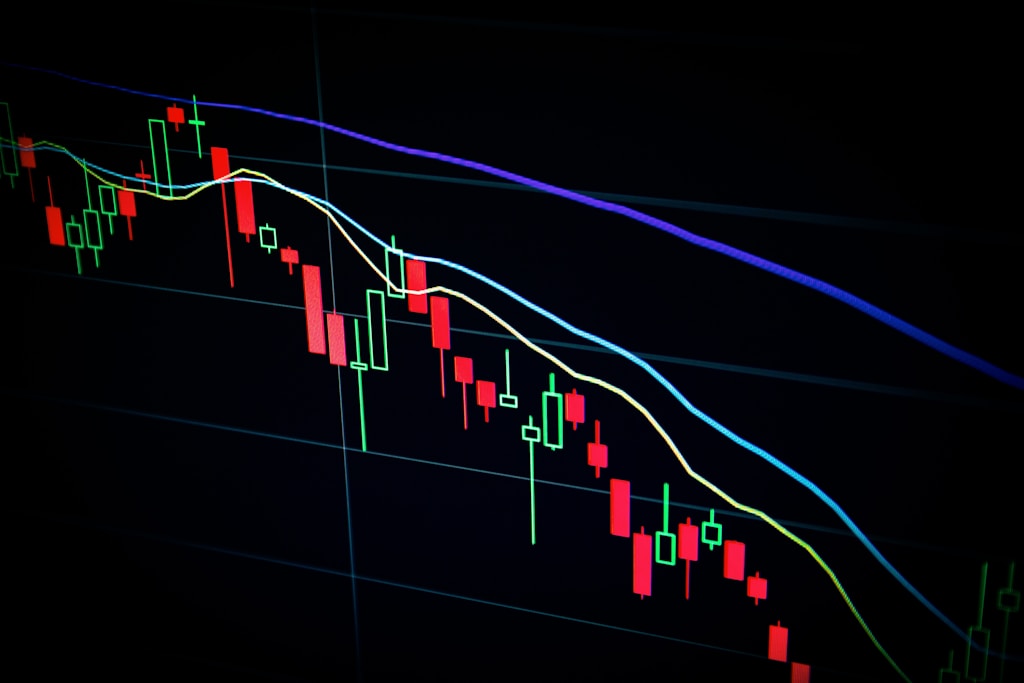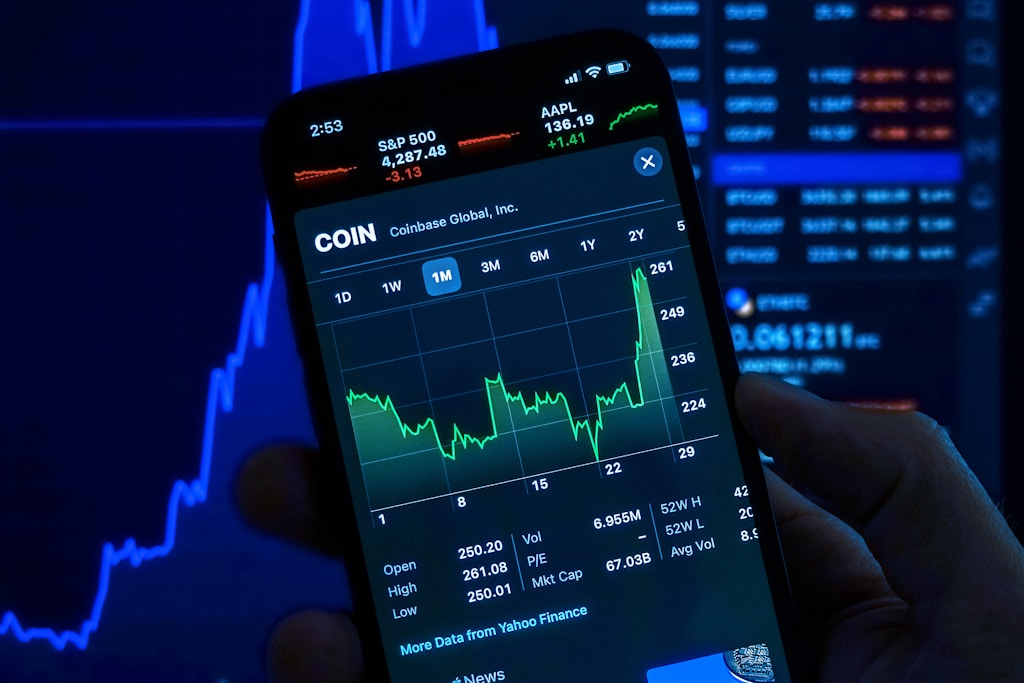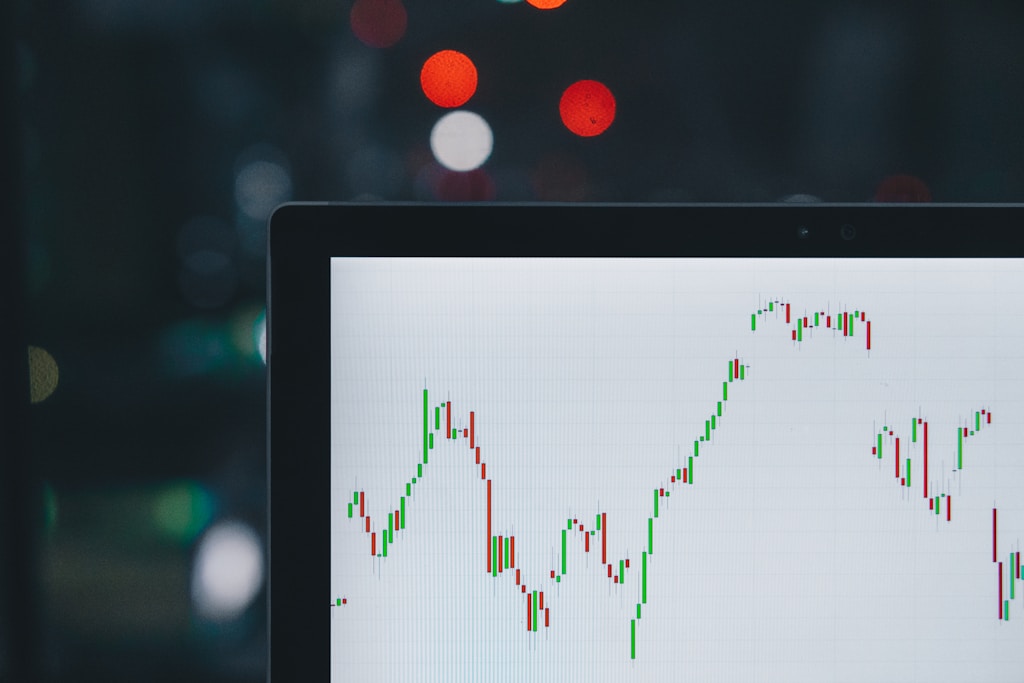Key Takeaways:
- Brazil’s President Lula da Silva reinforces BRICS commitment to local currency trading
- Direct challenge to US dollar hegemony amid rising global de-dollarization efforts
- Trump’s tariff threats fail to deter Brazil’s financial sovereignty push
In a bold move that signals growing resistance to US dollar dominance, Brazil is doubling down on its commitment to BRICS’ de-dollarization initiatives, despite facing potential tariff threats from former US President Donald Trump. This development aligns with broader central bank efforts toward de-dollarization in 2025, marking a significant shift in global financial dynamics.
Brazil’s Strategic Pivot Away from Dollar Dependence
Brazilian President Luiz Inácio Lula da Silva’s recent interview with Le Monde underscores the country’s determination to pursue financial sovereignty through enhanced BRICS cooperation. This move represents a direct challenge to traditional dollar-based trade systems and highlights growing support for alternative financial frameworks within the BRICS alliance.
SPONSORED
Trade with confidence during global market shifts
Impact on Global Financial Markets
The implications of Brazil’s stance extend beyond bilateral relations with the United States, potentially accelerating the trend toward a multipolar financial system. This development could have significant ramifications for:
- International trade settlements
- Currency market dynamics
- Global financial infrastructure
- BRICS economic cooperation
FAQ Section
Q: How will this affect global dollar dominance?
A: This move could accelerate the gradual shift away from dollar hegemony, particularly in emerging markets.
Q: What are the implications for international trade?
A: Increased use of local currencies in BRICS trade could reduce dollar dependency and create new financial corridors.
Q: How might this impact cryptocurrency markets?
A: De-dollarization efforts could boost demand for digital assets as alternative stores of value and means of international settlement.




